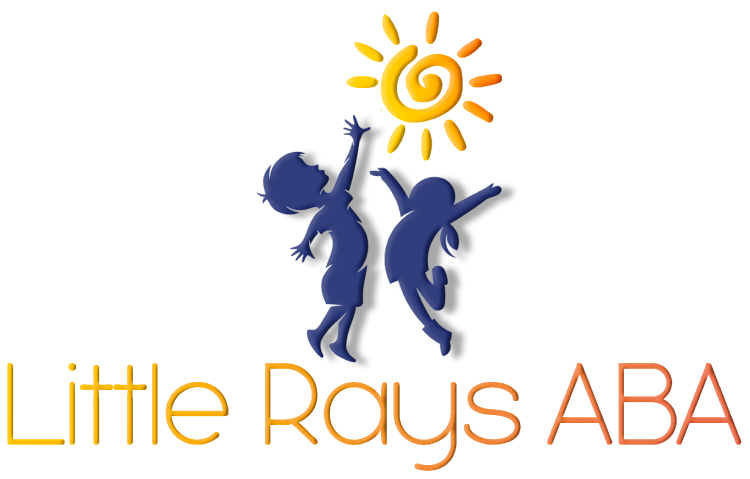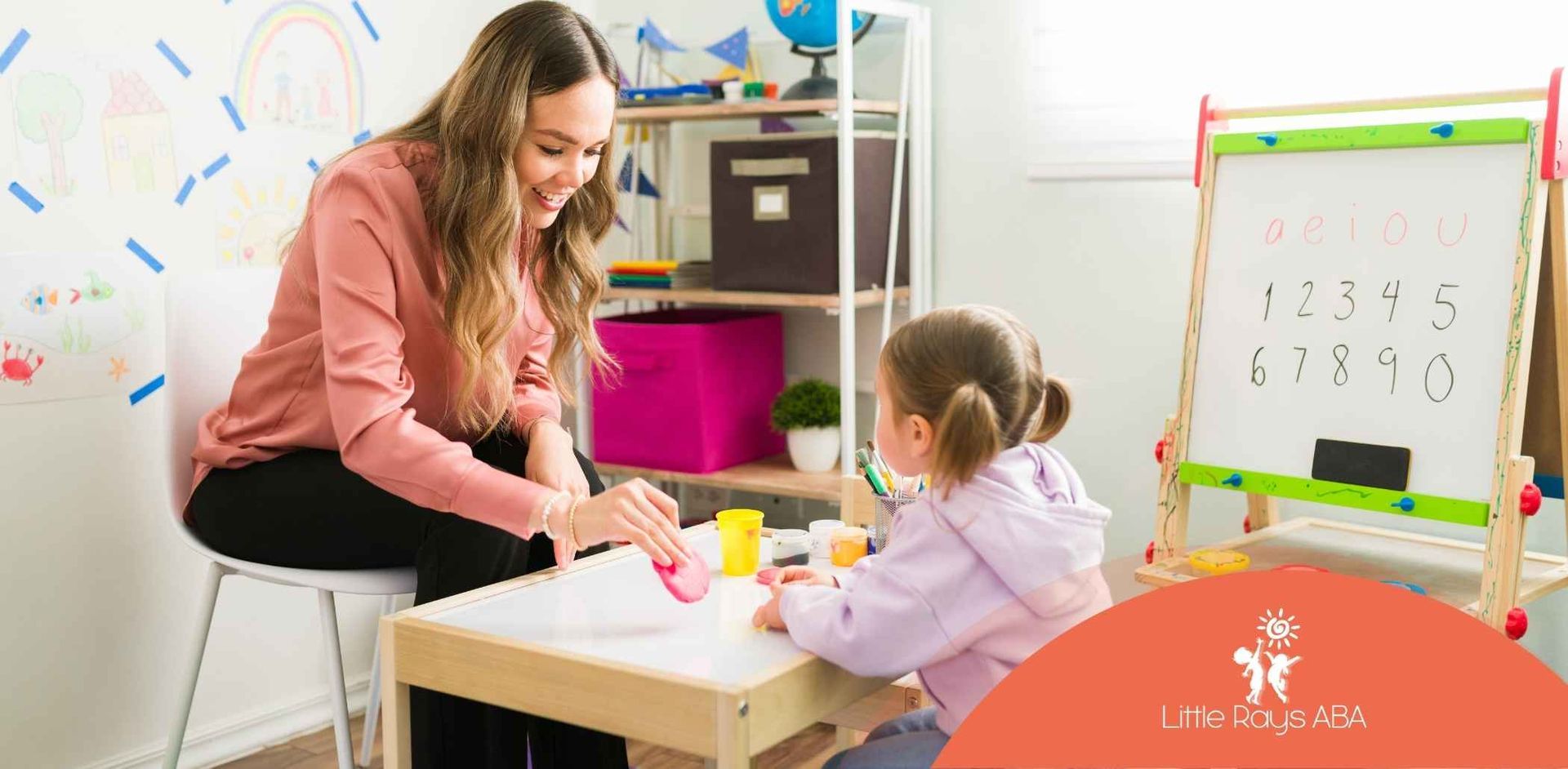
Can You Truly Self-Identify as Autistic?
The question of whether someone can self-identify as autistic is becoming more prominent, especially as awareness around autism grows.
Traditionally, autism has been diagnosed by professionals, but many individuals now believe that self-identifying is both valid and important for their personal understanding and well-being.
But is it really possible to self-identify, and should you?
Self-Identification and Its Importance
Self-identifying as autistic is a personal choice, and for many, it’s empowering.
According to the Autism Self Advocacy Network, self-identification provides a sense of belonging and self-awareness, especially for individuals who may not have had access to a formal diagnosis due to financial barriers or lack of understanding.
In fact, a study by the National Institute of Mental Health found that many people with milder forms of autism, or those who mask their traits, often go undiagnosed until later in life.
Dr. Stephen Shore, an expert in the autism community, points out that "self-identifying can be a crucial first step towards finding support and gaining understanding of your own needs."
For individuals who may have struggled with their identity, self-identification is often a way to better navigate the world and connect with others who share similar experiences.
When a Formal Autism Diagnosis is Still Important
While self-identification can provide a sense of validation, a formal diagnosis still plays an
important role in accessing certain services. In many cases, especially for educational support or healthcare, a formal diagnosis is required to access tailored resources. But a diagnosis isn’t the only path to support—it’s just one of the tools that can help individuals get the services they need.
At the end of the day, whether you choose to self-identify or pursue a formal diagnosis is up to you. What’s most important is feeling seen, understood, and supported.
Little Rays ABA offers in-home ABA therapy, school-based ABA therapy, in-camp ABA therapy, and parent training for families in Florida. We’re here to support your child's development at every step. Reach out to learn more.
FAQs
Is it okay to self-identify as autistic without a formal diagnosis?
Yes, many people choose to self-identify based on their personal experiences, especially if a formal diagnosis isn’t accessible or necessary for their needs.
Do I need a formal diagnosis to receive autism support?
In most cases, a formal diagnosis is needed to access specific services like educational accommodations or healthcare support.
Why is self-identification important?
Self-identification helps individuals understand their own experiences and connect with others in the autism community, fostering a sense of belonging.
Related Posts





